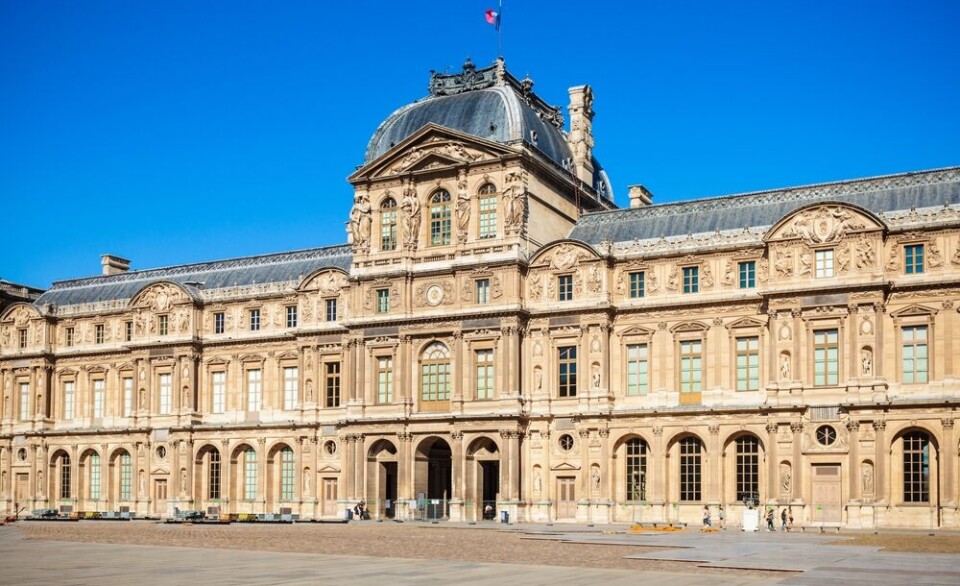-
Enedis warns of rising fake energy sales calls across France
Fraudsters posing as Enedis or its partners are targeting households, prompting daily scam reports to the electricity network operator
-
‘No time to react’: mini-tornado damages homes in Gironde, west France
Violent weather rips off roofs and uproots trees. Around 300 properties impacted
-
Immigrants now make up 11.3% of France’s population, new figures show
2.6 million (33% of the immigrant population) had obtained citizenship
How the UK appears in the French press
If you are sometimes puzzled by the topics of conversation French friends have about the UK, it might be because you have not picked up stories about the UK which appear in French media. Connexion reporter Brian McCulloch looked at some stories that were reported in November. Have you noticed others?

London was cited on most TV channels in a story on the mixed success of urban tolls. It did not take French TV long to find a “Just anuvver tax, innit?” comment.
The beautiful Dornoch Firth in North East Scotland featured in a long report on TF1, looking at how wild oysters are being reintroduced after 100 years to help purify waste from the Glenmorangie distillery.
London’s black cabs are a source of fascination for France’s media. The news that electric versions are now running was good for a long feature on national TV news, and a full-page feature in Les Echos, France’s main financial daily, which visited the new factory in Coventry which makes them.
Brexit occupies acres of newsprint in France. Les Echos gave a whole page to the worries of British film, video and music industries, with musicians in particular almost certain to face visa and customs requirements to work in Europe, where many have the habit of playing every summer festival season.
Meanwhile Le Monde was fascinated by the news that the pro-Brexit funder Arron Banks is now being investigated by the National Crime Agency. The NCA is trying to find out if he was the real source of the £8million given to the Leave campaign, after the Electoral Commission expressed doubts.
The UK’s remembrance ceremony for the end of the First World War received a brief mention in TV reports of the French ceremonies, which were attended by numerous heads of state and government, but with no high-level UK representation. Australian ceremonies also received a brief mention.
Le Figaro had a long report on how a television advertisement by frozen food company Iceland, against the use of palm-oil, was banned from TV by British authorities for being “too political”. It then became a YouTube hit.
Stay informed:
Sign up to our free weekly e-newsletter
Subscribe to access all our online articles and receive our printed monthly newspaper The Connexion at your home. News analysis, features and practical help for English-speakers in France
























